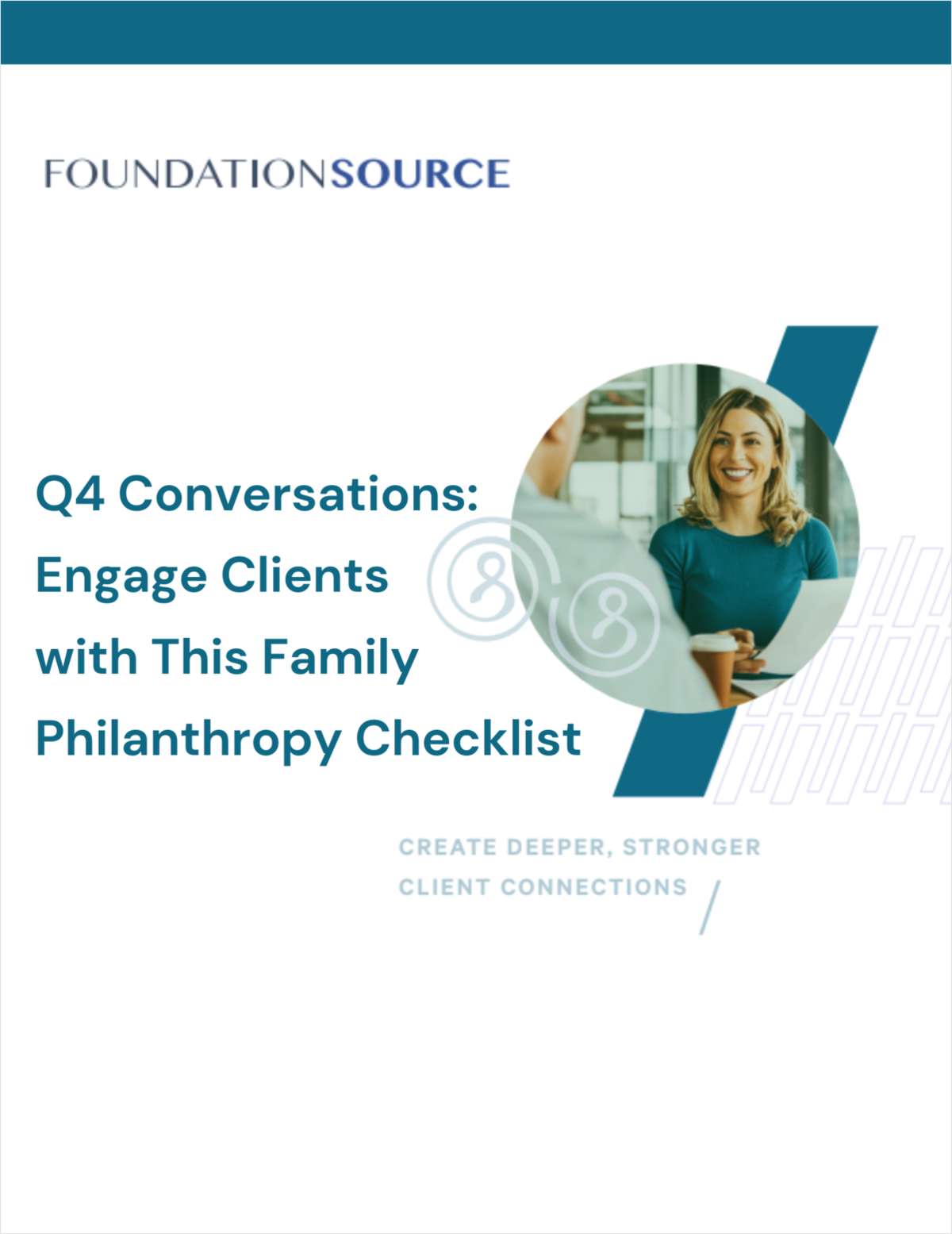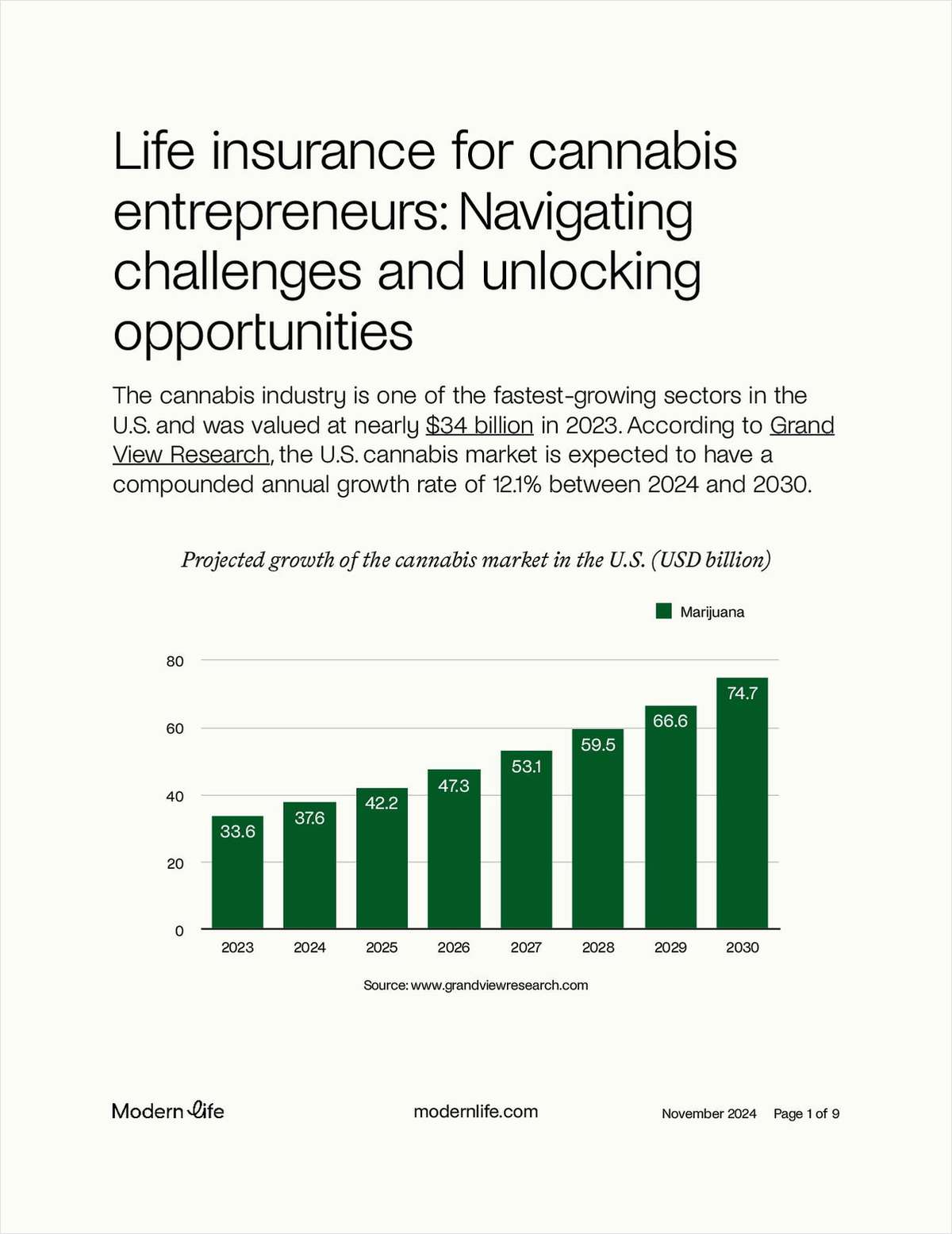State treasurers, advocacy groups as well as Sen. Richard Burr, R-N.C., gathered on Capitol Hill Monday to announce the launch of ABLE Investment Accounts, which allow children and adults with a disability or blindness to save money.
The accounts, offered in 13 states via the ABLE Alliance, was hailed at the event in the Capitol building as the country's "largest multi-state agreement" on an investment program that allows for tax-free investment growth when savings are spent on qualifying disability expenses.
Members of the National Achieving a Better Life Experience (ABLE) Alliance includes Alaska, Arizona, Illinois, Iowa, Kansas, Missouri, Minnesota, Montana, Nevada, New Jersey, North Carolina, Pennsylvania and Rhode Island.
The new ABLE Investment accounts are "savings vehicles for disability-related expenses that will not jeopardize federal benefits," said Michael Frerichs, Illinois state treasurer. "This is the country's largest multi-state agreement for this special investment tool. We worked hard, red states and blue, to create a national partnership to provide the best and lowest-cost program for persons with a disability or blindness. In total the National ABLE Alliance will cover over a quarter of the U.S. population."
Burr sponsored the legislation (H.R. 647) that created ABLE accounts in 2014.
"How could it take 10 years?" to get these accounts set up, Burr asked during his remarks at the event. "The reality is that it wasn't until we shared the faces behind the issue that states as well as members of Congress began to realize what the need was and how to fill the gap. We've started, we've now got an alliance of 13 … states; we now have 47 that have recognized ABLE Acts, they haven't all implemented them. But today, an individual who qualifies for an ABLE account because of this alliance can now set up their account."
The National ABLE Alliance plans have been launching in a phased approach, with Alaska and Rhode Island launching theirs in mid-December, and Illinois, Kansas, Iowa, Minnesota, Nevada and North Carolina launching at the end of January.



